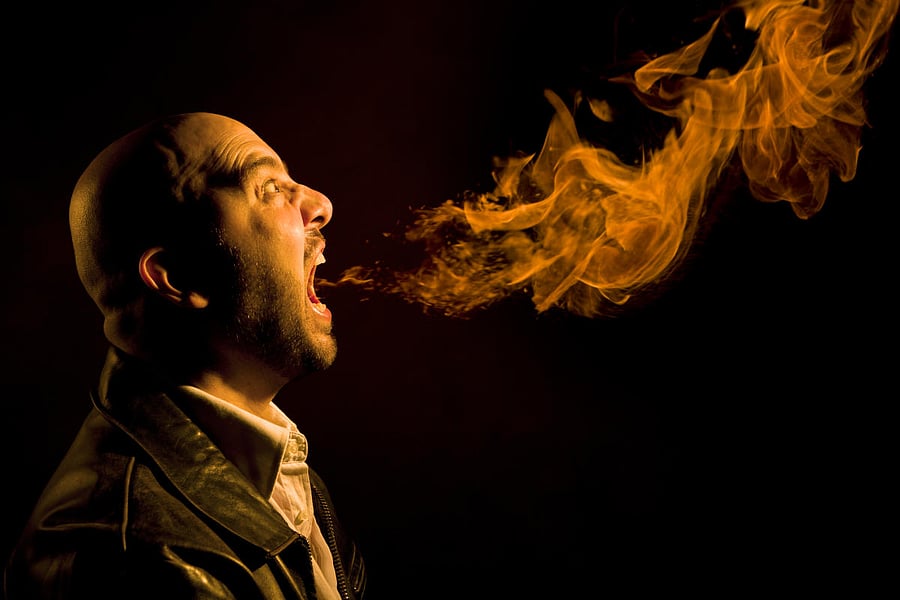
Do you get temporary, but frequent chest burns while coughing or taking deep breaths? This could be a symptom of acid reflux or esophageal spasm which tightens muscles around the food tube. Without proper medical intervention, it can damage the walls of the esophagus and trigger other diseases. GERD (gastroesophageal reflux disease) is a disorder which happens due to reflux of acid or stomach contents back into the food pipe (esophagus) due to various reasons. These acidic contents damage the lining of the food pipe causing various symptoms.
Normally, there is a muscle (lower esophageal sphincter) between the food pipe and stomach, which prevents this reflux, however, when this muscle is weak, reflux can happen. Some of the most prominent symptoms of acid reflux are heartburn, regurgitation of food or sour liquid, abdominal pain/ burning, chest pain, difficulty in swallowing, frequent vomiting sensation, throat discomfort or foreign body feeling in throat, recurrent cough, recurrent sinusitis, cough at night.
What causes reflux?
Common risk factors are obesity, smoking, frequent consumption of alcohol, fatty foods, aerated/ carbonated drinks, medications (pain killers), pregnancy, hiatus hernia (causes weakness of the lower esophageal sphincter).
What are the diagnostic methods?
Symptoms of heartburn and regurgitation are very typical of reflux disease. However, doctors suggest endoscopy or a test called 24hr pH metry which assesses reflux of acid contents into the lower esophagus.
What are the complications?
If the symptoms of reflux are neglected, it can cause injury to the food pipe causing ulceration and narrowing of the same leading to difficulty in swallowing solids and later liquids as well. In a few of the patients with chronic reflux, it can lead to a condition called Barretsesophagus which is a precancerous condition (as it can lead to esophageal cancer over a period of time). They present with difficulty in swallowing, loss of appetite and loss of weight.
Reflux related ulcers can bleed and patients can present with vomiting of blood or black coloured stools. In severe cases of reflux, acidic contents can reflux from the stomach into airways causing recurrent cough or can end up with asthma.
How to treat GERD?
Lifestyle modifications are the most important measures to tackle reflux.
Eating small quantities of food frequently.
Avoid spicy, fatty foods.
Regular physical activity and
exercise.
Weight reduction.
Meditation.
Head end elevation of the bed
while sleeping.
At least 2 hours gap after dinner and before going to bed.
Avoid coffee, aerated beverages, smoking and alcohol.
Apart from these, there are medications which can help too. In a certain subset of patients in whom the above measures and medications don’t work, advanced endoscopic procedures or surgery can be offered.
When is the right time to
approach the doctor?
If reflux symptoms are not getting relieved by lifestyle modifications.
If there is difficulty in swallowing foods.
If there is associated loss of weight or appetite.
Chronic cough/ asthma, as this can be due to reflux.
If there is associated low haemoglobin level, blood in vomit or black stools. If any of these symptoms show up, a visit to a gastroenterologist is a must to avoid complications.
(The author is a gastroenterologist & hepatologist.)